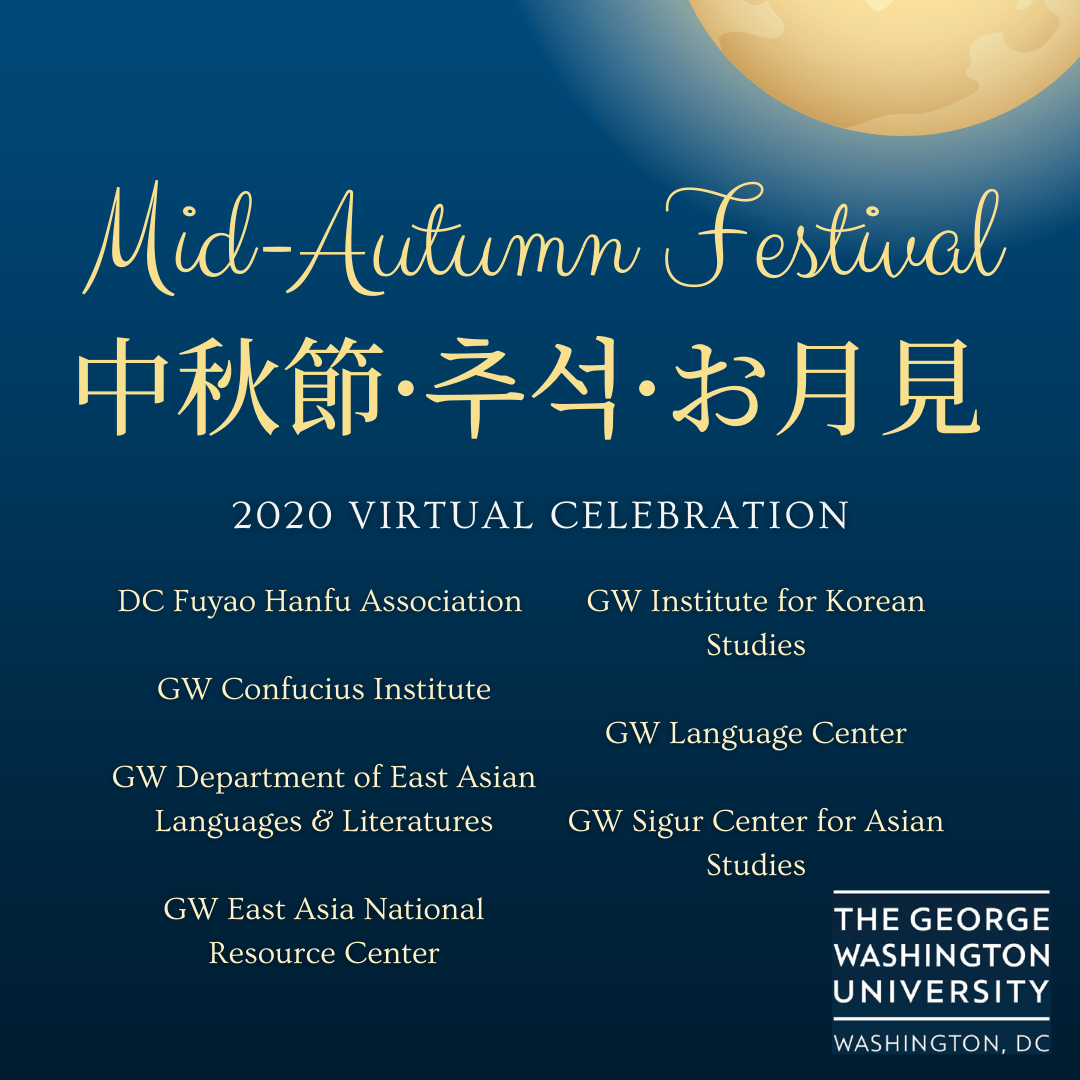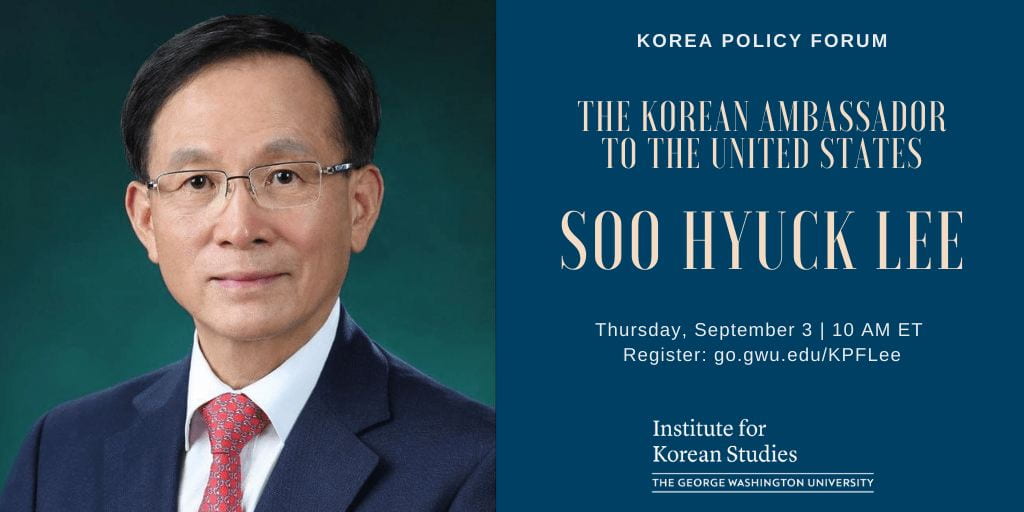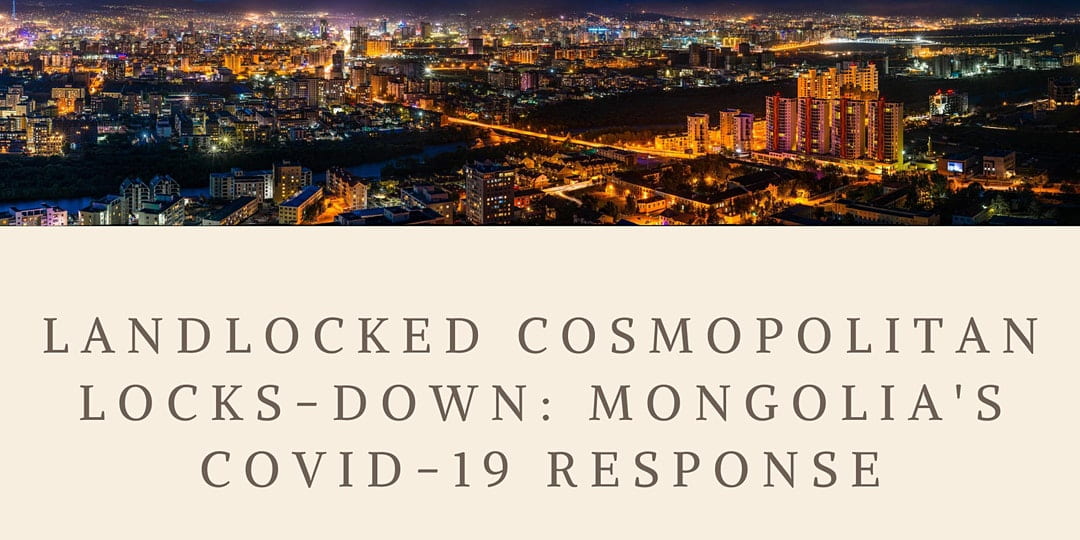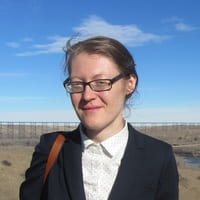Tuesday, September 22, 2020
8:30am – 10:30am EDT | 9:30pm – 11:30pm KST
Livestream via Zoom
Event Description
The intensifying strategic rivalry between the U.S. and China under the Trump administration has exposed the U.S.-Korea relations to a greater deal of uncertainty. With China’s economic rise and assertive diplomatic posture, this new strategic shock could last in the coming years regardless of the results of the U.S. presidential election this year. What are the challenges and opportunities that should be identified by the decades-old allies? What are the necessary steps that Seoul and Washington should take to reduce the strategic risks in the coming months and years? Please join the GW Institute for Korean Studies for an online roundtable discussion with experts from both the U.S. and South Korea on Washington and Seoul’s strategic thinking and priorities in Northeast Asia.
Roundtable Participants (Alphabetical Order)
(1) South Korea
Beomchul Shin (Director of Diplomacy and Security Center, Korea Research Institute for National Strategy)
Byung-Yeon Kim (Professor in the Department of Economics, Seoul National University)
Chaesung Chun (Professor in the Department of Political Science and International Relations, Seoul National University)
Heung-Kyu Kim (Director of U.S.-China Policy Institute, Ajou University)
Sang Hyun Lee (Senior Research Fellow, Sejong Institute)
Sung-Han Kim (Dean of the Graduate School of International Studies, Korea University)
Wang Hwi Lee (Professor in the Division of International Studies, Ajou University)
(2) The United States
Elbridge Colby (Co-Founder and Principal, The Marathon Initiative)
Eric Sayers (Vice President, Beacon Global Strategies)
John Fleming (Senior Director for Strategic Projects, Owl Cyber Defense Solutions)
Jung Pak (SK-Korea Foundation Chair in Korea Studies, Brookings Institution)
Scott Snyder (Director of the Program on U.S.-Korea policy, Council on Foreign Relations)
William Brown (Principal, Northeast Asia Economics and Intelligence Advisory)
Yonho Kim (Associate Director, GW Institute for Korean Studies)









